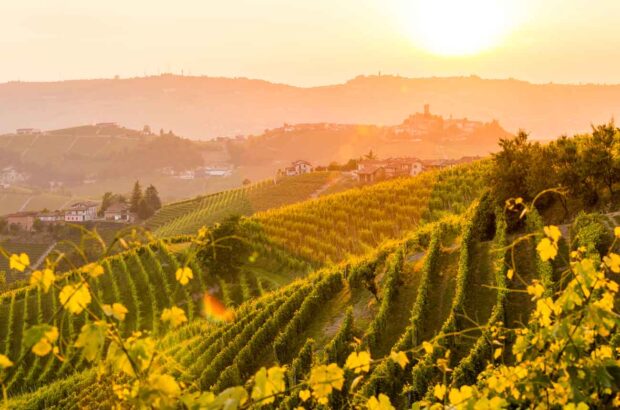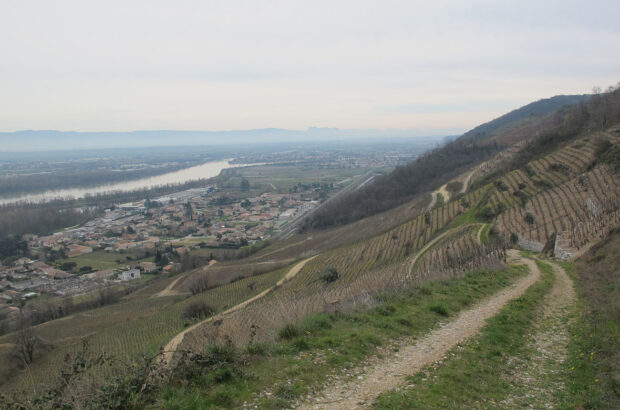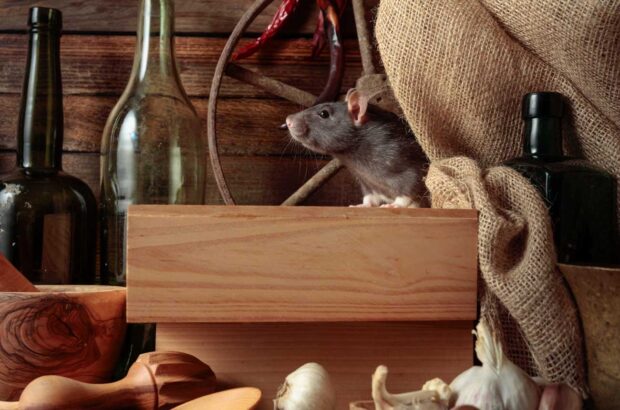Police have broken up an international counterfeit wine racket involving top Italian wines.
German and Italian police forces have uncovered a cross-border scam involving table wine from Puglia and Piedmont sold as Barolo, Brunello di Montalcino, Amarone and Chianti.
Unlabelled wine was brought into Germany, where it was given fake DOC and DOCG seals and phoney labels from well-known producers as well as non-existent wineries.
Ten people have been charged. It is thought the con could be worth €750,000.
‘The wine ended up in supermarkets, restaurants, and on the internet,’ said a source. ‘In some instances, wine worth less than €2 was sold to the public for €100.’
The culprits, who have been arrested twice before, are free pending sentencing.
‘It is illegal to transport unlabelled wine across European borders, but because of the Schengen agreement (which has eliminated systematic checks at many European borders) it’s very difficult to enforce the law,’ said the source.
Rafaella Bologna, of Barbera producer Braida di Rocchetta Tanaro – whose 2001 Barbera Bricco dell’ Uccellone was one of the faked wines – was alerted by her German importer.
‘The wine was easy to find in Hamburg, and at low prices. Given the relatively small production, there was much more than could possibly have been available,’ she told decanter.com.
Bologna said the fakes were so sophisticated, they could only have been done by someone very familiar with the wine.
‘The labels and wooden cases were very good copies,’ she said. ‘And the wine itself – even though it had nothing to do with Barbera – had the same alcohol content that was on the label.’
Bologna said much of the wine was bought on the black market – thus tax-free – by Italian restaurateurs in Hamburg. ‘In Germany, if you don’t pay taxes, you go to jail. In Italy, unfortunately, they don’t take such things seriously enough. This is something that makes my family ashamed to be Italian.’
Written by Maggie Rosen






